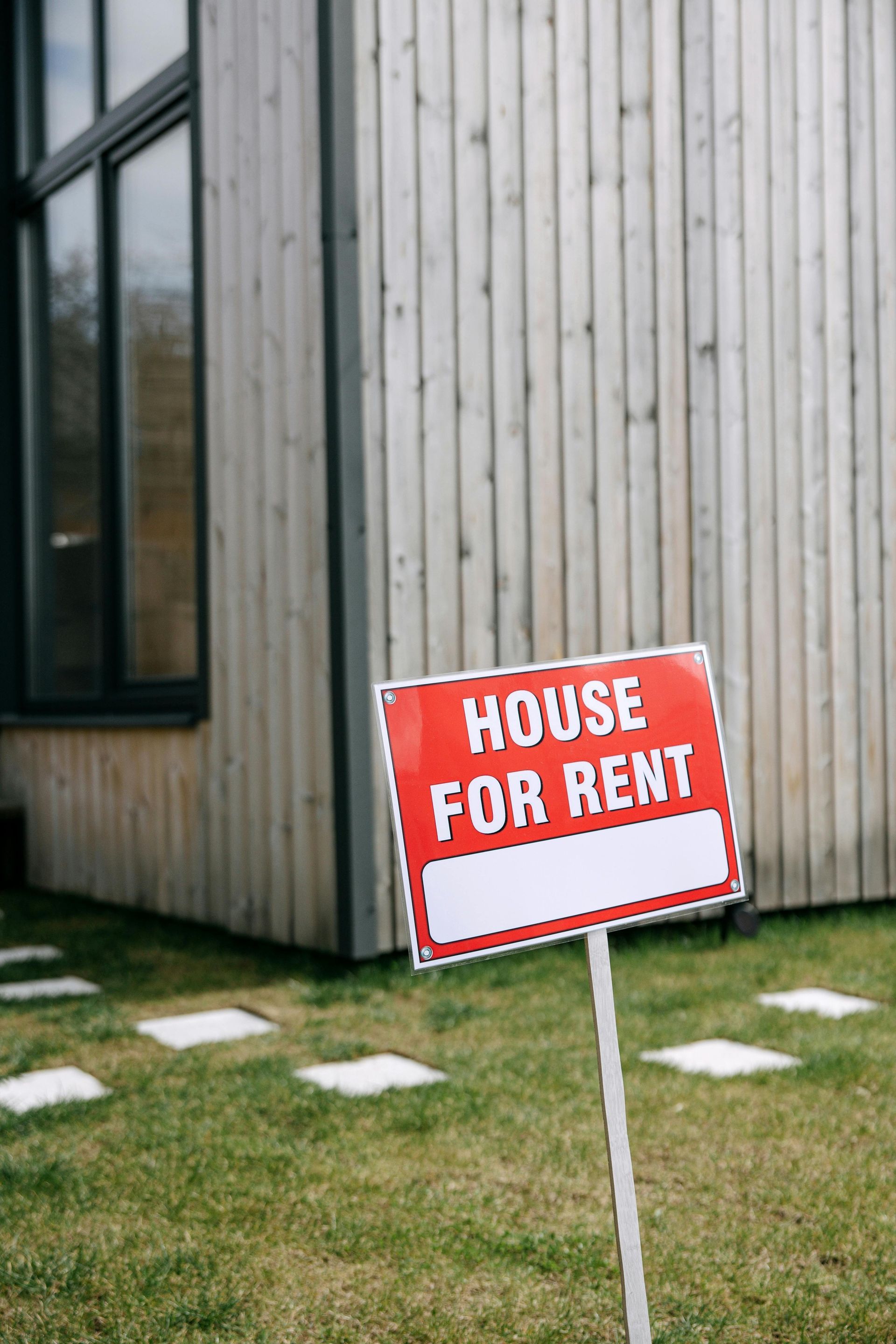Open Mortgages: What They Are and When to Use Them
What is an Open Mortgage?
In Canada, most mortgages are "closed" mortgages, meaning you'll face a penalty if you want to pay them off early. An open mortgage is different - it can be paid off at any time without penalty.
However, this flexibility comes at a cost. Open mortgage rates are significantly higher than closed mortgage rates because lenders need to account for the possibility that you might pay off the entire balance at any time. This makes open mortgages unsuitable as a long-term strategy.
When Open Mortgages Make Sense
There are two main scenarios where an open mortgage can be a smart short-term solution:
Planning to Sell Soon After Renewal
If you're planning to sell your home within a month or so of your renewal date, it makes sense to renew into an open mortgage. This way, when your property sells, you can pay off the mortgage immediately without penalty.
An alternative strategy is to renew your entire mortgage into a HELOC (Home Equity Line of Credit) if you qualify. A HELOC typically offers a lower rate and requires only interest payments, making it less expensive. However, not every lender offers HELOCs and not every borrower will qualify.
Switching Lenders at Renewal
The most common use case for open mortgages is when switching lenders at renewal. Sometimes its hard to make the dates line up exactly. For example if your renewal date is on a weekend or if you are on vacation or if we need a few extra days to get the new mortgage completed. In these situations, you would instruct your current lender to renew your mortgage into an open mortgage. A few days later, when we complete the switch to your new lender, the open mortgage gets paid out without penalty. Although the rate is high, since it's only for a few days, the overall cost remains minimal.
I actually ask all my clients who are switching lenders at renewal to ask their existing lender to renew their mortgage into an open mortgage, even if we plan to align the dates perfectly. That way if there is a slight delay of a day or two they aren’t automatically renewed into a new closed mortgage by the existing lender.
Quick Summary
Key Benefits of Open Mortgages
- No penalties for early repayment – flexibility to sell or switch anytime
- Short-term solution for timing issues – useful during renewals and transitions
- Peace of mind – no risk of being stuck in a costly closed mortgage if plans change suddenly
Important Considerations
- High rates (often double closed mortgage rates) make them unsuitable for long-term use
- Limited availability compared to standard closed mortgages
- Best used strategically for short-term situations like selling or switching lenders
Example
Imagine your mortgage is up for renewal, but you’re switching lenders and the process runs a few days past your renewal date.
- If you renew into a closed mortgage with your current lender, you could face penalties when you switch a few days later.
- If you renew into an open mortgage, you pay a slightly higher rate for those few days but avoid penalties altogether.
Mortgage Term Glossary
Closed Mortgage: A mortgage with restrictions on early repayment, usually with penalties for breaking the term.
HELOC (Home Equity Line of Credit): A revolving credit line secured by your home, typically at lower rates than an open mortgage.
Mortgage Renewal: The process of negotiating a new term for your mortgage once your current one expires.
Penalty: A fee charged by lenders if you break or pay off a closed mortgage early.





